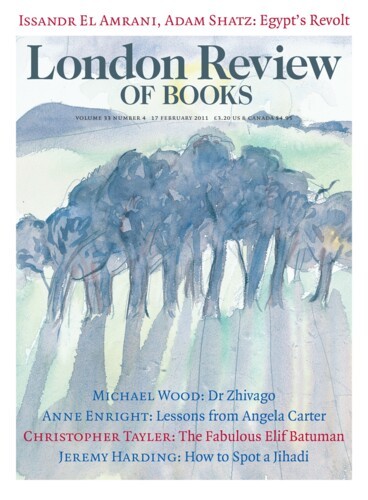The House of Rumour
after Ovid
At the world’s centre
between earth and sky and sea
is a place where every sound can be heard,
where everything is seen.
Here Rumour lives,
making her home on a mountain-top.
This house stands open
night and day: a dome
of apertures and windows set
like a million eyes at gaze,
steady, unblinking,
no doors or shutters anywhere.
Her walls have ears.
They are ears. The whole house
made from thinly beaten,
resonating bronze, hums
constantly
with words repeating back to themselves
round and round, again
and again: the low susurration
of echoing sound.
No silence anywhere,
just the murmur of voices
like whispering waves
or the last low rolling crush of thunder.
The house is haunted by shadows,
ghosts that come and go, a host of rumours,
the false mixed with the true,
words and phrases, fact, fictions,
fabrications, all confused.
At every turn, a story spreads
and grows and changes, each new teller
adding on to what they’ve heard.
Here is surveillance, interception;
a multitude of recording angels.
Here lives rash Credulity, reckless Error,
groundless Joy. Whispers of unknown provenance
make their home here, alongside
sudden Sedition, tremulous Fear.
Rumour herself
hears everything, sees
everything that happens in the heavens,
in the sea or on the earth;
invigilator, sentinel, echo chamber,
she misses nothing
misses no one as she sweeps the world.
The Cave of Sleep
after Ovid
Deep inside a hollow mountain there’s a cave
where the sun’s rays never reach;
the earth around it
breathes out
clouds of fog
into this endless twilight,
this secret dwelling-place
of the god of idle Sleep.
There is no cockerel to summon the dawn,
no geese, no dogs, no beasts of any kind
to break the silence, not even branches
stirring in the breeze. Only stillness here,
and the distant murmur far below
of the River Lethe moving pebbles
as it goes, whispering sleep, sleep.
Huge lush poppies stand in rows outside;
herbs steep their juices in the night,
infusing the ground with a slow release,
a mulled gravity.
There are no doors, in case a turning hinge
might creak, and no guardian at the gate.
On a platform in the middle of the cave
is a bed of ebony
thick with dark linens, soft black pillows,
where the god himself
lies, deeply, languidly, at peace.
Around him, on all sides, are empty dreams,
countless as ears of corn
at harvest time, leaves on the forest trees
or grains of sand along the shore.
The messenger of the goddess enters the chamber,
brushing aside the dreams that stand in her way.
The brightness of her robes begins to fill the cave
and Sleep starts to stir, struggling
to lift his eyelids, heavy in slumber.
Over and over again he tries, then falls back,
head sinking into his chest. At last
he wakes, blinks open his eyes and
hoisting himself up on one elbow,
looks at the woman and smiles.
Send Letters To:
The Editor
London Review of Books,
28 Little Russell Street
London, WC1A 2HN
letters@lrb.co.uk
Please include name, address, and a telephone number.

